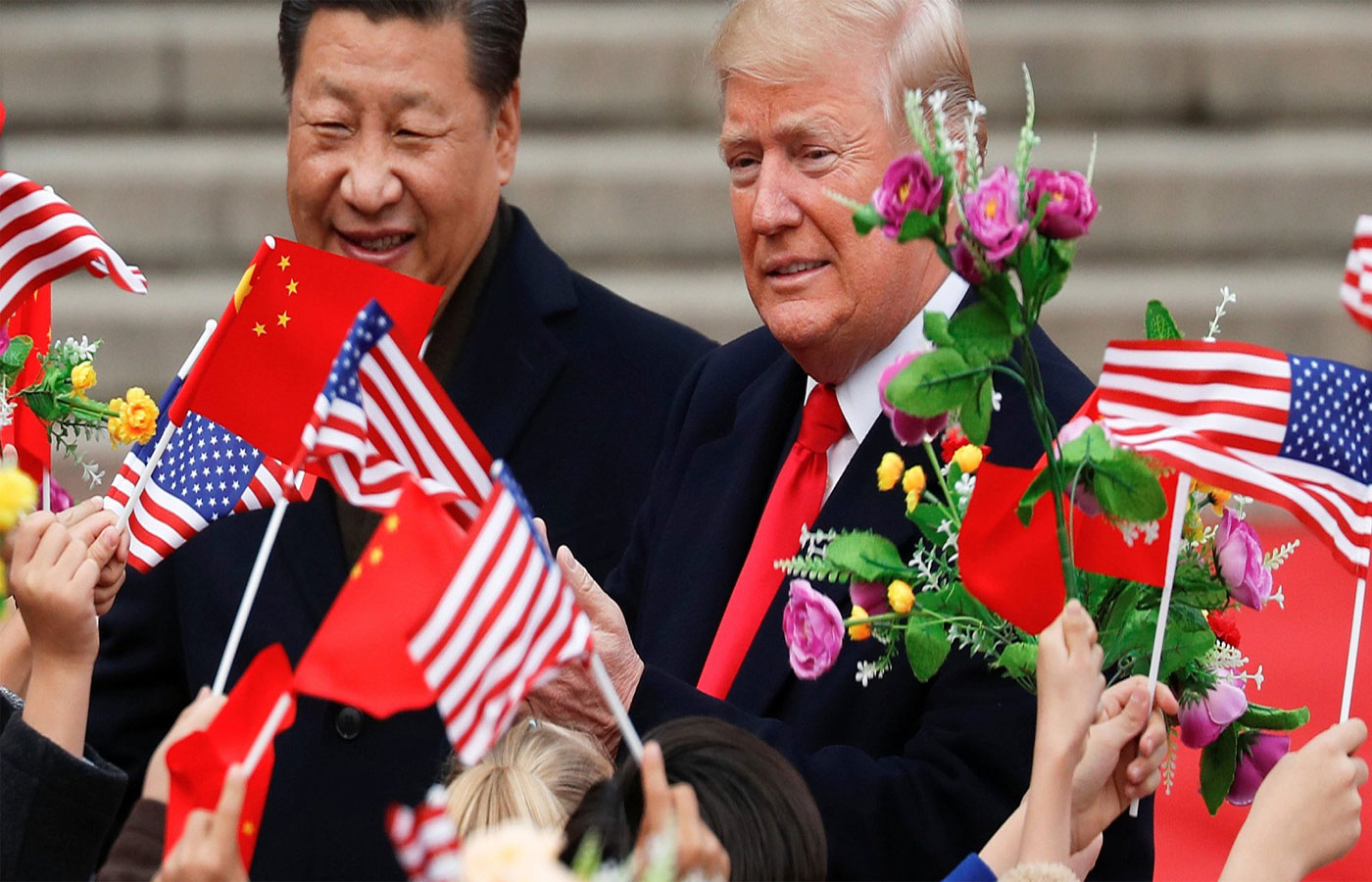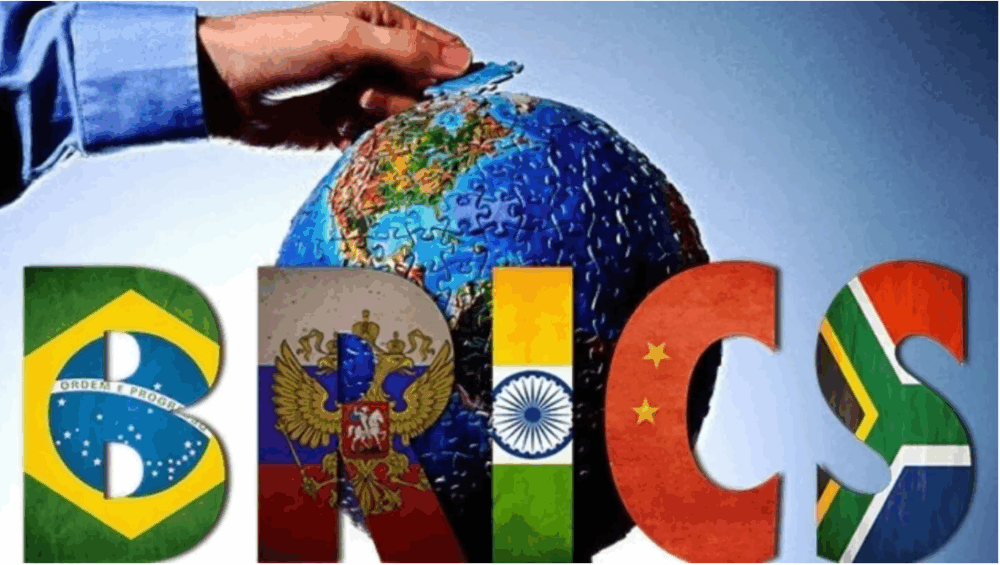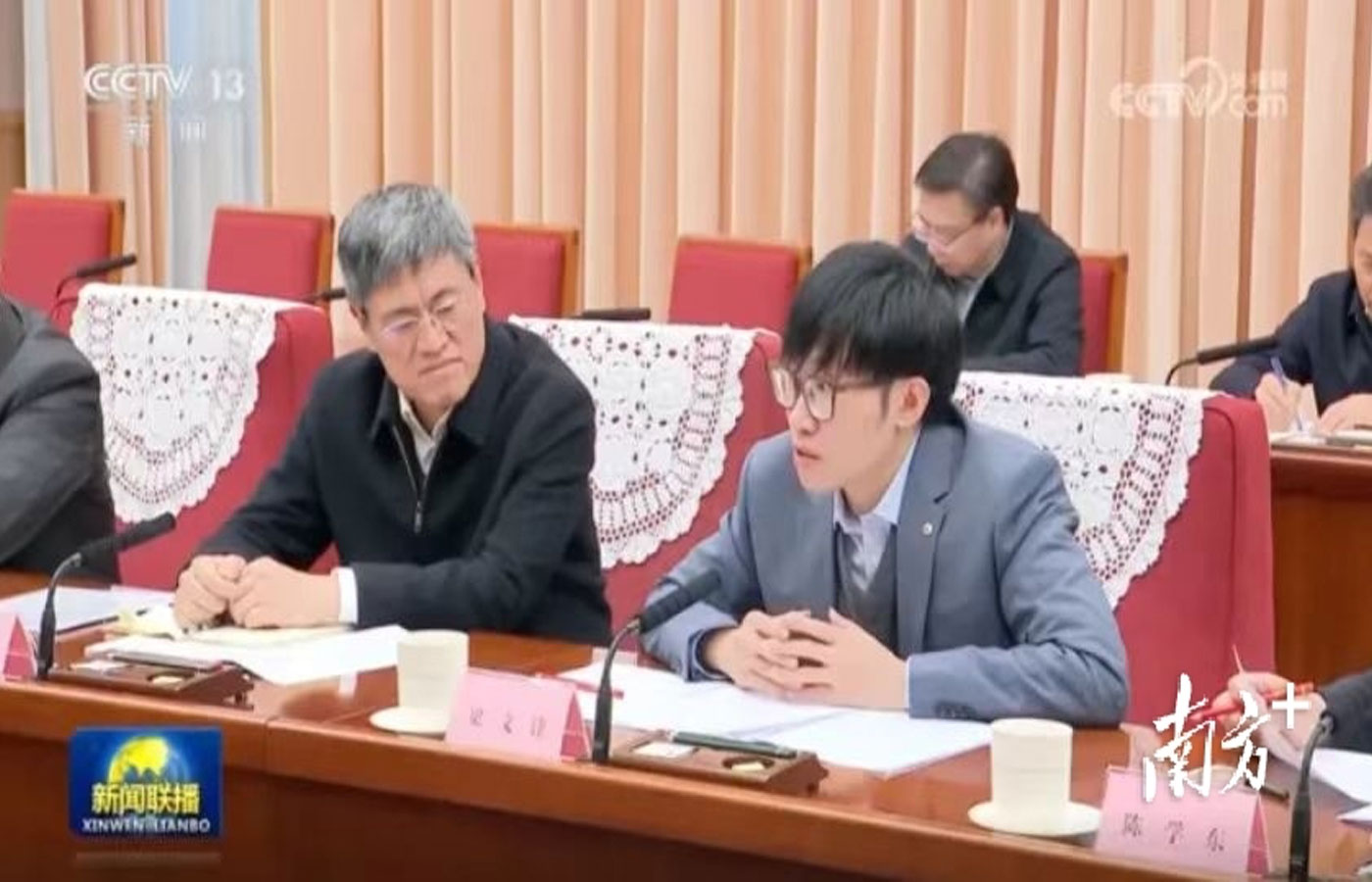Since 2016, strategic competition between the United States and the People’s Republic of China has become a prominent feature of the evolution of the international system. Analysing the reasons for this rivalry is an important task in understanding contemporary international relations. Despite the recent 2024 US presidential election, which resulted in a change of leadership, most experts believe that the basic principles of American policy towards China will remain unchanged.
In previous studies, scholars have tended to explain this from the perspective of structural realism: the rise of Chinese national power in the early 2000s presented a challenge to American hegemony. Structural contradictions in Sino-American relations are the fundamental cause of the difficulties in bilateral relations between Beijing and Washington. The most popular explanation is the so-called “Thucydides trap”. However, despite China’s rapidly growing economic power, significant asymmetries remain between the United States and China in terms of GDP per capita, military spending, and technological development, including with respect to artificial intelligence.
Thus, this article shifts the focus of research to US domestic politics, offering an alternative explanation for the durability of US competitive policy toward China. American domestic politics has had a stable and significant impact on its foreign strategies. Since the beginning of the 21st century, globalisation has led to changes in the US political system, which, together with the traditions of American policy, have shaped a stable strategy toward China. The main domestic political factors influencing the development of this strategy are the country’s strategic culture, elite image, and political structure.
Strategic Culture
First, a key element of US strategic culture is the desire to play a leading role in the international system and to maintain its leadership. Strategic culture shapes US policy toward China by influencing the perception of US identity. The strategic culture of the United States is rooted in religious beliefs and has been constantly updated throughout the country’s historical development. According to Protestant logic, the United States is perceived as “God’s chosen people”, as a “City upon a Hill”; the United States takes upon itself the mission of leading the world community. Influenced by this logic, the United States believes that it should play a unique leadership role in the international system. To a large extent, the American perception of China’s identity continues the basic logic of foreign policy during the Cold War, which is known as the “shadow of the past”, in the terminology of the famous American Russia scholar Robert Legvold. This explains why even during the George W. Bush and Barack Obama administrations, the containment strategy remained an important element of American strategy toward China.
Second, America’s successful experience during the Cold War also shapes US policy toward China. Washington believes that building a successful alliance system was the key to winning the Cold War. Therefore, as the winner of the Cold War, the United States is seeking to consolidate its strategic achievements and prevent new challenges, which serves as an important logical basis for NATO’s eastward expansion. After China’s economy and regional influence rapidly increased, the United States began to focus on strengthening alliance relations in the Asia-Pacific region to compete strategically with China. In the National Security Strategy proposed by the Biden administration in 2022, Washington clearly identified strengthening alliance relations as a key aspect of its strategy towards Beijing. The establishment of the Quad and AUKUS alliances and the implementation of “NATOisation” in the Indo-Pacific region significantly undermine mutual trust between China and the United States, which affects the stability of relations between Beijing and Washington.
Elite Image
With their considerable power, the American diplomatic elites have a direct impact on the development of Sino-American relations. This elite image, as a guide for the actions of these elites, plays a key role in shaping the US strategy towards China. Based on the ideology of liberalism, the elite image strives for liberal hegemony in diplomatic strategy and claims to establish a rules-based “liberal international order”. A key element of the elite image is the assertion of the universality and superiority of American values. The mindset of the elites influences the decision-making process towards China, shaping the agenda, which always includes the themes of alliances and ideology. At the same time, the group of diplomatic elites is characterised by high secrecy and homogeneity, which leads to significant similarity with respect to elite image. The opinions of the elite class are more often grounded in an agreed-upon ideological basis, which, in turn, leads to greater consistency in their views.
First, at the international level, the pursuit of “liberal hegemony” and the establishment of a US-led international order is the core strategic goal of the American establishment’s diplomatic elites. Since the end of the Cold War, despite constant adjustments in US strategy, this strategic orientation has remained fairly stable.
Even under Trump’s leadership, when a wave of anti-establishment and populist sentiments led to the US withdrawing from multilateral agreements such as the Paris Agreement, the considerable influence of the establishment prevented Trump from completely “reversing” the country’s foreign policy strategy.
With Biden’s rise to power, a group of diplomatic elites has once again become the core of foreign policy decision-making, and strengthening the liberal international order has once again become the central goal of American strategy.
Second, at the domestic level, the shared perspective of the diplomatic elites of the American establishment formulates specific demands which it makes of the domestic systems of the member countries. Under the influence of “American exceptionalism”, US diplomats believe that the values and institutions of the United States are superior to those of other countries, so the United States should shape the international system in accordance with its image. This image of the elite makes them pay attention to ideological issues in diplomatic strategy, and with the increase of China’s economic and regional influence, the United States quickly began to regard ideological differences as an important argument for strengthening strategic competition with China in order to gain support for domestic policy. At the same time, ideology has become an important basis for building a stronger alliance system, promoting the “Indo-Pacific Economic Facility” (IPEF), and developing multilateral alliances.
Political Structure
The two-party system is one of the main pillars of the political structure of the United States. Under the mutual influence of globalisation and the two-party system, a phenomenon of political polarisation can be observed. Since the beginning of the 21st century, the rapid development of globalisation has contributed to the restructuring of the electoral base in the United States, which has led to the diversification of voter interests. In an effort to secure the support of the electorate, both major parties have begun to develop radical political strategies, which, on the one hand, strengthen the internal ideology of the parties, and on the other hand, deepen the ideological differences between them and increase political polarisation. Conflicts between parties are becoming increasingly violent, and this is one of the reasons for the longevity of American policy towards China.
First, the essence of political polarisation is intense partisanship. Changes in demographic composition and institutional structures that lead to the polarisation of domestic politics also permeate the sphere of foreign policy. Political polarisation contributes to the instrumentalisation of American policy towards China, which weakens diplomatic rationality and increases the negative consequences of certain events for Sino-American relations. Intense partisanship makes China policy an instrument for competition between Democrats and Republicans, with the China issue becoming an important field for political confrontation.
Second, in terms of decision-making entities, political polarisation increases fluctuations in the methods of implementing American policy towards China. The methods used towards China in the Republican and Democratic eras differ significantly. For example, during the administration of Donald Trump, the US strategic approach towards China was clearly unilateralist, while the Joe Biden administration attaches greater importance to the role of allies. Under the Biden administration, climate issues have become an important area of cooperation between the US and China, and if the Republicans win the next election, this cooperation will be significantly limited. The fluctuations in the implementation of China strategy under the influence of political polarisation weaken Beijing’s strategic trust in Washington and reduce expectations for diplomatic efforts, which is an important factor hindering the improvement of relations.
Strategic culture, elite image, and political structure are the main domestic political factors shaping US policy towards China. Under the influence of all three factors, the US strategy towards China is conservative, and since the strategic culture, elite image, and political structure are relatively stable, this ultimately leads to the continuity of the US policy towards China. This also explains why the change of the US president will not bring significant changes to Sino-US relations.
Source: Valdai Discussion Club











